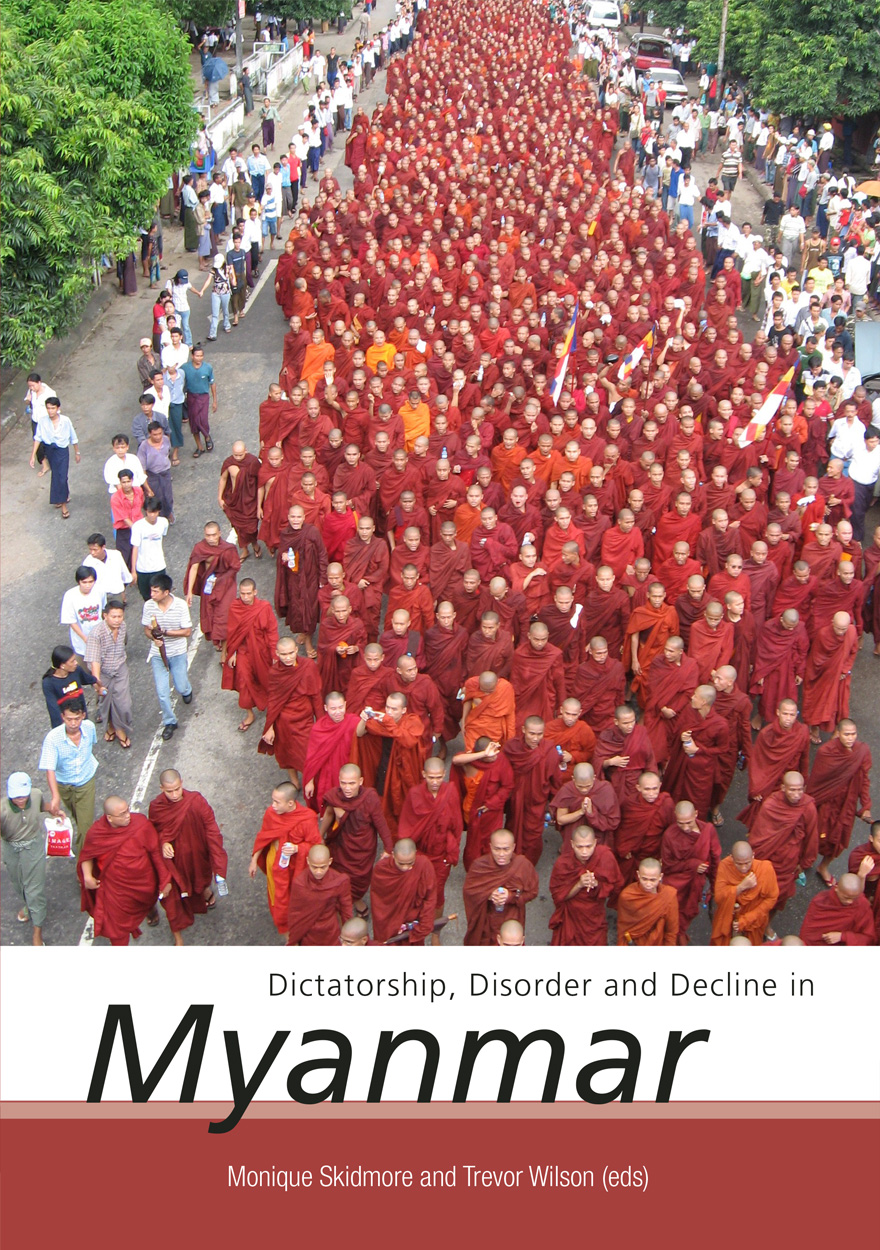Myanmar’s Political and Humanitarian Crises
Publication date: December 2023
The coup in Myanmar on 1 February 2021 abruptly reversed a decade-long flirtation with economic and political freedoms. The country has since descended into civil war, the people have been plunged back into conflict and poverty, and the state is again characterised by fragility and human insecurity. As the Myanmar people oppose the regime and fight for their rights, the international community must find ways to act in solidarity. There is an urgent need for new policy settings and for practical engagement with local partners and recipient groups.
The contributors to After the Coup offer timely insights into ways international actors can try to reduce the suffering of millions of citizens who are again being held hostage by a brutal and self-serving regime. Chapters analyse topics including coercive statecraft, international justice, Rakhine State (Rohingya) dynamics, pandemic weaponisation, higher education, non-state welfare and aid delivery, activism from exile, self-determination and power sharing in the National Unity Government’s alternative constitution, and the roles of China and the Association of Southeast Asian Nations.






